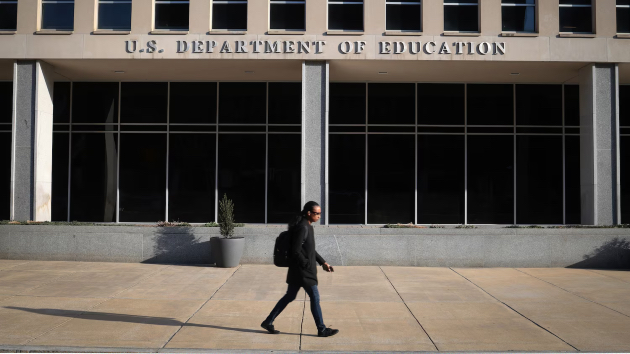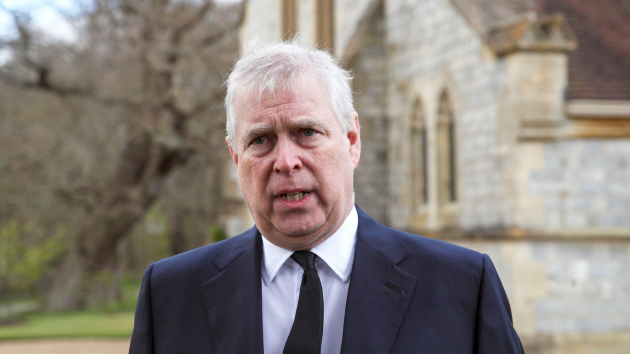Providence establishes reparations program to praise and criticism
Written by ABC Audio ALL RIGHTS RESERVED on January 31, 2023

(PROVIDENCE, R.I.) — Many U.S. cities are attempting to establish a reparations program in an effort to rectify economic disparity borne of slavery, and Providence, Rhode Island, is among the places moving forward with a plan.
But the city’s plan has drawn criticism over the extent to which the initiative benefits historically marginalized residents, including descendants of enslaved people.
Last year, then-Mayor Jorge Elorza signed a $10 million reparations budget into law, using re-appropriated federal COVID-19 response money as the funding source. Federal guidelines require the program to be “race neutral” — white residents and non-descendants of slavery under a certain income threshold can also apply and benefit from the program.
“The federal guidelines basically forced us to have to look at census tracts. And one of those impacted communities were those who were economically disadvantaged,” Rodney Davis, chair of Providence’s reparations commission, told ABC News.
Elorza said that making the program “race based” could have opened up the city to getting sued, resulting in government officials being “locked in litigation for two or three years.”
Supporters have spent decades fighting for financial compensation for descendants of enslaved people. At one point, Rhode Island was the slave trade capitol of the colonial U.S., with more than 1,000 slave ships coming in from Africa by the end of the 18th century.
Hundreds of years later, the residue remains — much of it memorialized in Stages of Freedom, a Providence museum filled with Black art, books and exhibits. It’s curated by local historian Ray Rickman, a former state representative, who says the impact of slavery is still being felt by Rhode Island’s Black population.
While the institution of slavery has been abolished, the remnants of an unequal system are still evident. In Rhode Island alone, white households earned 50-70% more than Black, Hispanic and American Indian households, according to a report from the Rhode Island Foundation.
Rather than direct payments to citizens, reparations in Providence are distributed through investments into small businesses and programs, including workforce training and financial literacy.
The Rhode Island Black Business Association received $150,000 after applying for the program. President and CEO Lisa Ranglin started the organization to help other aspiring Black business professionals to get their start.
“I think it’s easy to give a check out to somebody for $200, $500. When we think about really building sustainability, $500 is not going to move the dial in any meaningful way,” Ranglin said.
The struggle to determine the best forms of reparations has been just as divisive as the topic itself.
Of those who support reparations, the majority believe financial assistance for education, businesses and homes would be the most helpful forms of repayment, according to a Pew Research Center poll.
Some believe that Providence’s program misses the mark; among them is former Brown University student and activist Justice Gaines.
“It’s not reparations. What this policy is, it is city funds from COVID-19 to fund an anti-poverty program. That’s not what reparations is. Reparations is the work to repair the harm that has been done to Black people in this country,” Gaines told ABC News.
The reparations committee claims the indigenous community was involved in the program’s planning, but Rhode Island’s only federally recognized tribe, the Narragansett Indians, told ABC News that neither Elorza’s office nor the reparations commission reached out.
Elorza’s office has declined to comment.
“That $10 million that the mayor did, it was great, but $10 million is a drop in a pool, not even a bucket, because if we really wanted to repair the harm, it’s going to be hundreds upon hundreds upon hundreds of millions of dollars,” Davis said.
ABC News contacted the newly elected mayor, Brett Smiley, to inquire about his plans for the program, but has not received a response.
Supporters of the reparations program admit it isn’t perfect, but say it’s a promising start.
“We must elevate the communities that we serve, especially those communities that have been left behind way, way too long. I don’t believe in handouts, but rather, we got to be there to be a hand up and support people in an intentional way,” Ranglin said.
Copyright © 2023, ABC Audio. All rights reserved.
 KVSP
KVSP 




